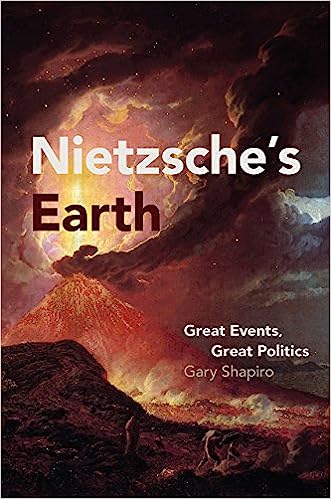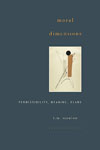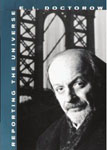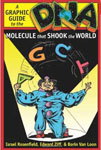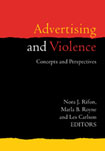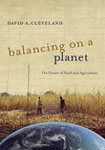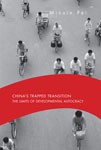Book Details

Descartes’s Dualism
Her approach includes discussion of central differences from and similarities to the scholastics and how these discriminations affected Descartes's defense of the incorporeity of the mind and the mechanistic conception of body. Confronting the question of how, in his view, mind and body are united, she examines his defense of this union on the basis of sensation. In the course of her argument, she focuses on a few of the scholastics to whom Descartes referred in his own writings: Thomas Aquinas, Francisco Suárez, Eustachius of St. Paul, and the Jesuits of Coimbra. This new systematic account of Descartes's dualism amply demonstrates why he still deserves serious study and respect for his extraordinary philosophical achievements.
Abbreviations
1 The Real Distinction Argument
2 Scholasticism, Mechanism, and the Incorporeity of the Mind
3 Sensible Qualities
4 Real Qualities and Substantial Forms
5 Hylomorphism and the Unity of the Human Being
6 Sensation and the Union of Mind and Body
Postscript
Notes
References
Index

Kuhn’s ’Structure of Scientific Revolutions’ at Fifty : Reflections on a Science Classic
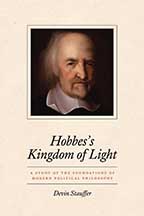
Kingdom of Light : A Study of the Foundations of Modern Political Philosophy

Force and Freedom : Kant’s Legal and Political Philosophy
Popular Picks on the Month





